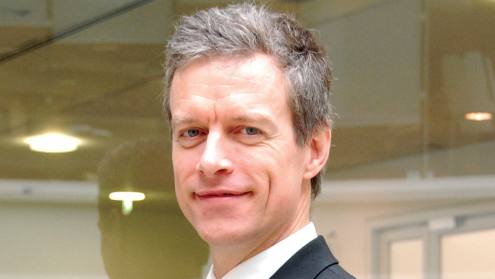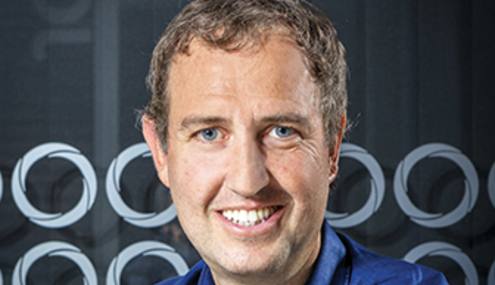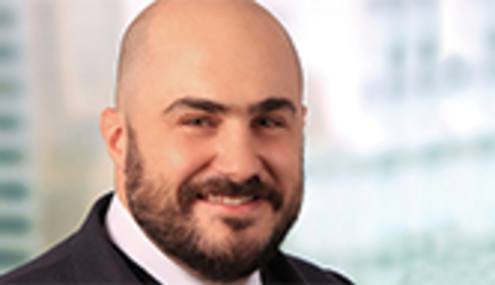I recently met Fidor Bank CEO Matthias Kröner and discovered a lot of new ideas. In fact, I can confidently say that Fidor Bank is the most innovative bank concept out there right now. Why? Because it is the bank I would create if I were going to launch a bank today.
First, Fidor Bank's sign-in is through Facebook Connect, which enables Facebook members to log on to third-party websites with their Facebook identity, and is currently one of the only banks that allows that.
Second, the bank doesn’t just aggregate accounts but, on a single page, a customer can view all their account holdings from savings and investments to precious metals and even virtual currencies, such as World of Warcraft Gold.
Profile boost
The bank also offers an interest rate on savings that is determined by the number of 'likes' on its Facebook page. The idea is that the year starts with a 0.5% interest rate on the deposit account. The aim is then to increase that interest rate to 1.5% during the year through a 0.1% increase each time the bank gains 10,000 more likes on its Facebook page. The reason that is important is that each time a person likes the bank's page, it gets an increased reach multiplier of 235 times, as that is the average number of friends each person has on Facebook. In other words, the bank is exposed to 2.35 million more people for every 10,000 likes it gets on Facebook.
Fidor understands social media, as demonstrated above, and shows this through its marketing efforts. Since the bank was launched, it has spent €100,000 on marketing in total. That works out as about €1.33 per customer registration as a cost. As Mr Kröner noted, it costs €7 per click for most banks to just advertise a product on Google and get Google clickthroughs. Fidor is getting customers acquired for just €1 per customer.
The bank offers a variety of capabilities from peer-to-peer lending to crowdfunding. It even offers an online betting platform called Brokertainment, a matching service that allows people to offer a punt on anything.
The example Mr Kröner used is the idea that the FTSE100 would increase by at least 1 basis point between 11:00 and 11:01 on June 20, 2012. I said that I would place €5 on this and someone else can then take that offer. If the FTSE goes up, they owe me €5; if it goes down, I owe them and Fidor Bank will take the payment through any currency format I choose, including World of Warcraft.
The bank is not trying to reinvent things but partner for everything: its peer-to-peer lending is fully integrated with Smava, the German equivalent of Zopa; the media firm Bertlesmann is its primary agent for distributing its services in online virtual games; it partners with HyperWallet to provide global payments capabilities.
Banking with friends
Finally, I like Fidor Bank. For example, it describes itself as "banking with friends" and believes that "there is no law that says that banking transactions must be boring". Much of this is conveyed through Mr Kröner’s own humour.
I asked him why the bank does not have branches. “Why would we have branches?” he replied. “Branches don’t show me how qualified advisors are, whereas we show that in our chat rooms. Branches create a them-and-us position – servers versus served – whereas you would be unable to tell who are the customers and who are the employees in our bank. Everything we allow you to do online – managing virtual currencies, checking rates, using social connectivity – you cannot do in a normal branch. And branches are only open during certain hours.”
His conclusion was most amusing: “I used to work in hospitality – the restaurant and hotel business – and if I ran my restaurant like a bank, you would turn up for lunch and we would be closed. That is because it was the staff’s lunchtime and they would be eating. We would probably open around 3pm instead, after our lunch had finished.”






